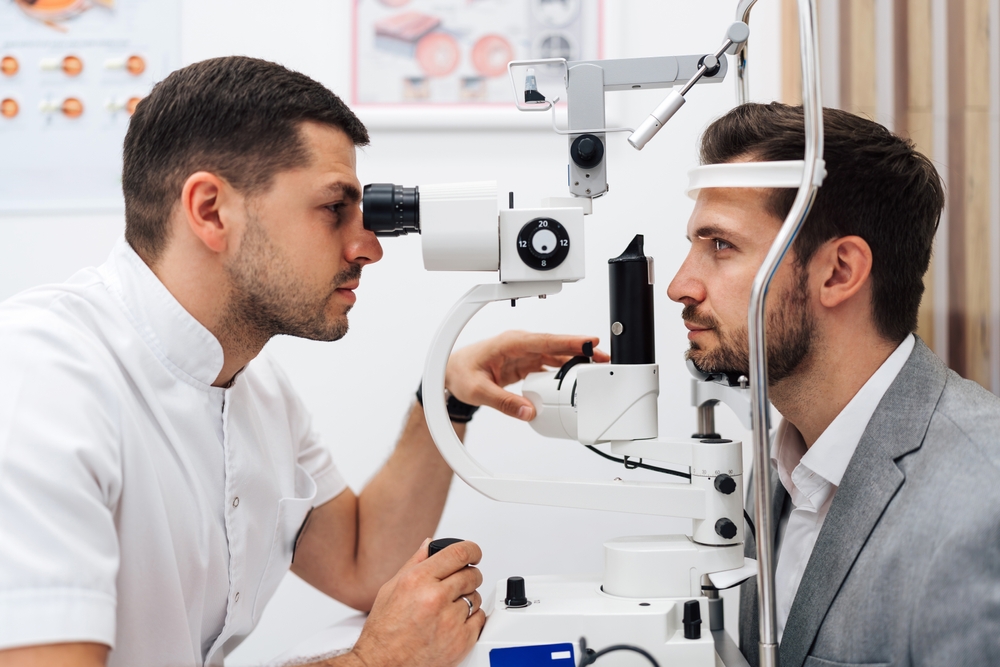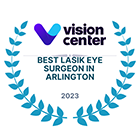
Introduction
Vision is one of our most valuable senses. Maintaining eye health is crucial to living a fulfilling life, and that's where optometrists and ophthalmologists come in. Understanding the differences between these two eye care professions can help ensure that you get the appropriate care when you need it. But what exactly are these differences, and why do they matter? Let's unravel the key distinctions between these essential eye care providers.
Defining Optometrists and Ophthalmologists
What is an Optometrist?
Optometrists are vital in maintaining regular eye health. They are healthcare professionals who provide primary vision care ranging from sight testing and correction to the diagnosis, treatment, and management of vision changes.
Optometrists hold a Doctor of Optometry (OD) degree, which requires an extensive education. This includes an undergraduate degree followed by four years in a professional optometry program.
Services offered by optometrists can vary greatly. They conduct comprehensive eye exams, prescribe corrective lenses, and diagnose a broad range of eye conditions. If you've ever needed glasses or contact lenses, chances are you've met an optometrist. You can explore the role of optometrists further here.
What is an Ophthalmologist?
Ophthalmologists are medical doctors who specialize in eye and vision care. With a medical degree (MD) followed by several years of residency and, often, additional fellowship training in a subspecialty of ophthalmology, these professionals are equipped to handle the most complex of eye conditions.
Their expertise spans from diagnosing and treating all eye diseases to performing eye surgeries and prescribing glasses and contact lenses.
Ophthalmologists treat a wide range of eye conditions, from minor eye infections to severe cases like glaucoma, cataracts, and retinal diseases. You can learn more about the extensive training ophthalmologists receive here.
Key Differences Between Optometrists and Ophthalmologists
Education and Training
The educational pathways for optometrists and ophthalmologists reflect the scope of their practices. While optometrists complete a Doctor of Optometry program after their undergraduate studies, ophthalmologists undergo medical school, followed by an internship and residency.
This rigorous training equips ophthalmologists with the skills to perform intricate surgical procedures that aren't within the typical scope of optometric practice. More insights into these differences are available here.
Scope of Practice
Optometrists focus primarily on routine eye care and vision correction, while ophthalmologists have a broader scope that includes surgical treatment. While optometrists can treat some eye diseases and prescribe medications, ophthalmologists handle the more complex cases requiring surgical intervention. This distinction in practice is highlighted by this resource.
When to See Each Professional
Deciding whether to visit an optometrist or an ophthalmologist depends heavily on your eye care needs. For routine check-ups, prescription glasses, or contact fittings, an optometrist is a great choice. However, if you experience symptoms like loss of vision, sudden pain, or require eye surgery, an ophthalmologist is the professional to consult.
Your specific symptoms and needs will guide you to the right professional, and understanding the roles of these professionals can aid in making the right choice. Check out a more detailed breakdown here.
Collaboration Between Optometrists and Ophthalmologists
Referral Process
In the world of eye care, it's not uncommon for optometrists and ophthalmologists to work together. If an optometrist identifies a condition that needs specialized intervention, they will refer the patient to an ophthalmologist.
This collaborative effort ensures that patients receive comprehensive care tailored to their specific needs. At Silkvision.net, you can easily book a complimentary consultation with specialists such as Ophthalmologist Dr. Silk, allowing for seamless transitions in care.
Shared Responsibilities
Both optometrists and ophthalmologists share responsibilities in managing certain conditions, like monitoring glaucoma progression or maintaining diabetic eye health. This shared care model underscores the importance of collaboration in achieving optimal patient outcomes.
Conclusion
Understanding the distinct roles of optometrists and ophthalmologists is key to ensuring you receive the most appropriate care for your eye health. While both professionals are essential in preserving and restoring vision, knowing when to consult each can result in better treatment outcomes and long-term eye health.
Whether you're due for a routine eye exam or need a specialized procedure such as LASIK, RLE, or EVO ICL, both optometrists and ophthalmologists are here to support your vision needs. Schedule your complimentary consultation today to take the next step toward clearer vision.











.png)

